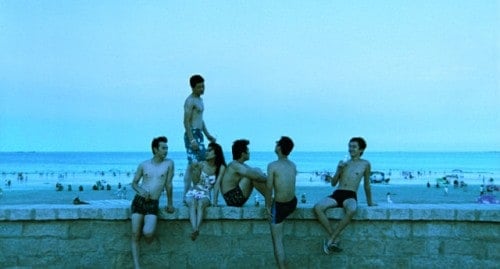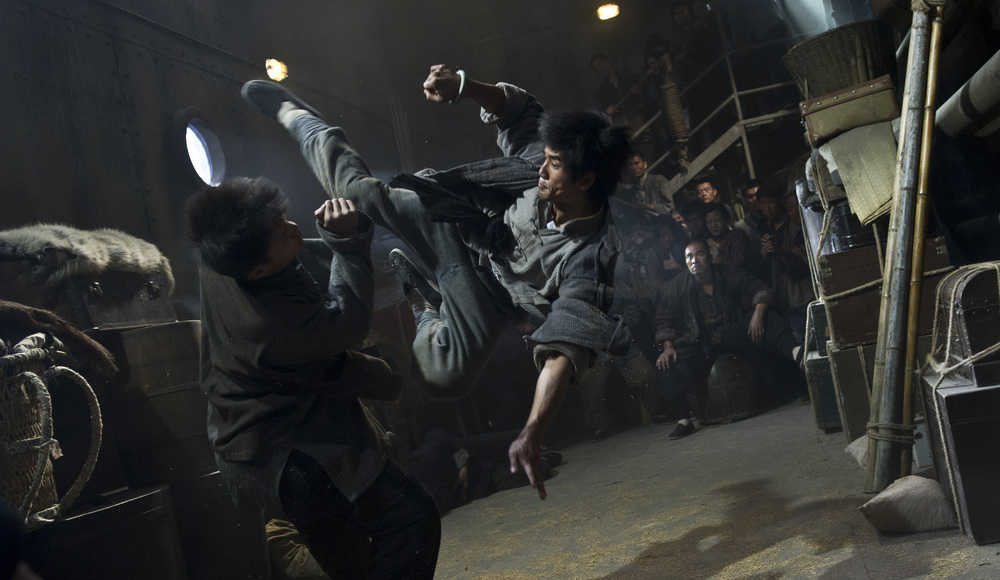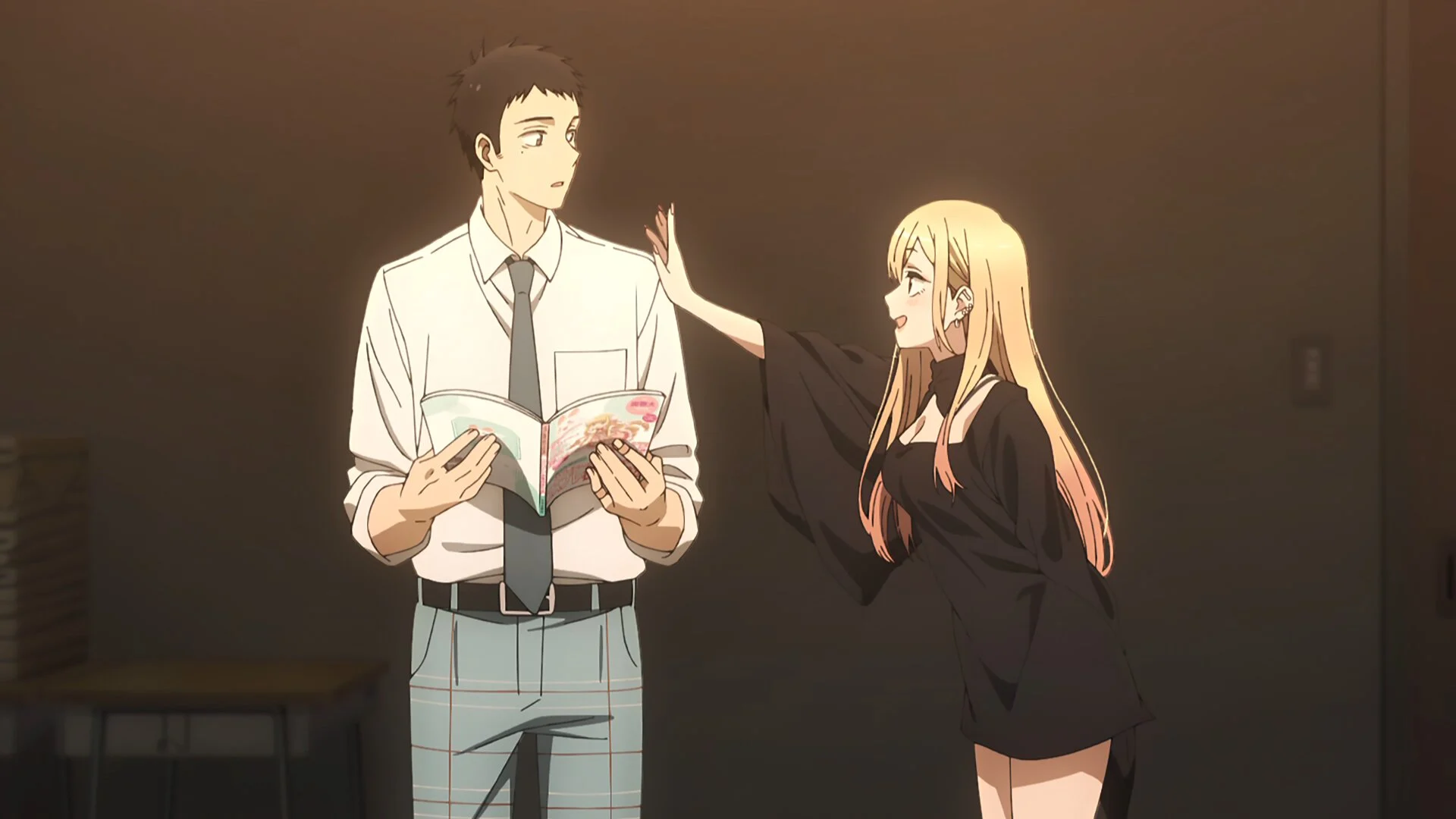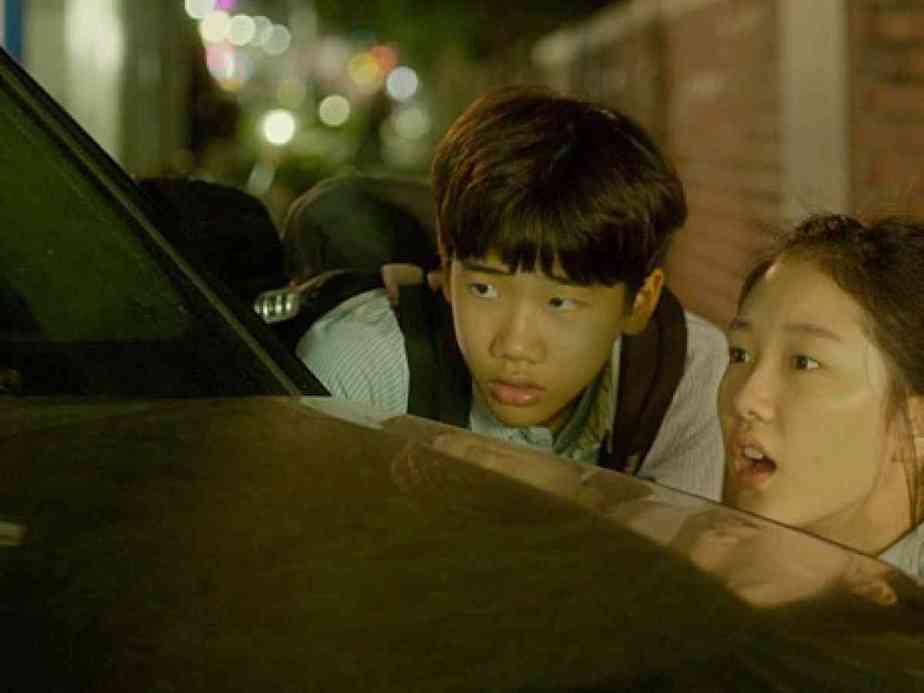It is one of the lasting paradoxes of language that, even though you may have an elaborated range and knowledge in your mother tongue, there are always clear limitations to what you can express. Especially for an artist, avoiding the silence when it comes to overcome these limitations, has to be the invention of a new language through working with the linguistic foundation available or, when it comes to art or film, use images and sound. In his 2019 feature “For Rei” Japanese director Yukari Sakamoto explores the idea of not being able to express yourself, the personal crisis this might lead to and how there are possibilities to overcome them which, in the case of the film, bring you right back to your origins.
“For Rei” is screening at Osaka Asian Film Festival

At the center of the film, we have Rei (An Ogawa), a student of philosophy, who has been going through a crisis for some time now. Her inability to truly express how she feels and what she thinks have made her uncomfortable in class as well as in front of her boyfriend (Amon Hirai). One day, she feels the urge to overcome this crisis, resulting in her getting into contact with her father (Seiji Kinoshita). Overjoyed to hear from his daughter again, he meets her in a cafe and the two of them talk about former times, their life at the moment and also why they have seemingly grown apart.
As the director expresses in her statement to the film, there is a biographical link to the main character's experience and her life, also since the locations depicted have a very special connection for her. In general, the camera lingers, mostly without moving, within these spaces, slowly giving them meaning which goes beyond the obvious, so that the viewer feels how a new link has been established for the character to this particular space. At the same time, the static nature of these places and images, along with the sluggish nature of the dialogue, presents a feeling of loneliness. Paradoxically, the character is mostly with other people, but then feels further isolated through her introverted nature and the idea of her language not useful to fully express what she wants to say.
However, there are also boundaries to this approach. While the philosophical and personal subtexts in the film are certainly interesting, the mixture of long takes, the aforementioned static camera along with the long silences make the 65 minutes of running time a real chore for any viewer. At its worst, “For Rei” fulfills the criteria of the cliched arthouse drama with only the black-and-white cinematography missing.
“For Rei” has some interesting ideas, but is ultimately flawed due to an overall unappealing approach in terms of storytelling and visuals. As a short, this film would have been tolerable, but in the end a film which, ironically, is about a character that suffers from her inability to truly express what she feels, has not that much to say at all.















